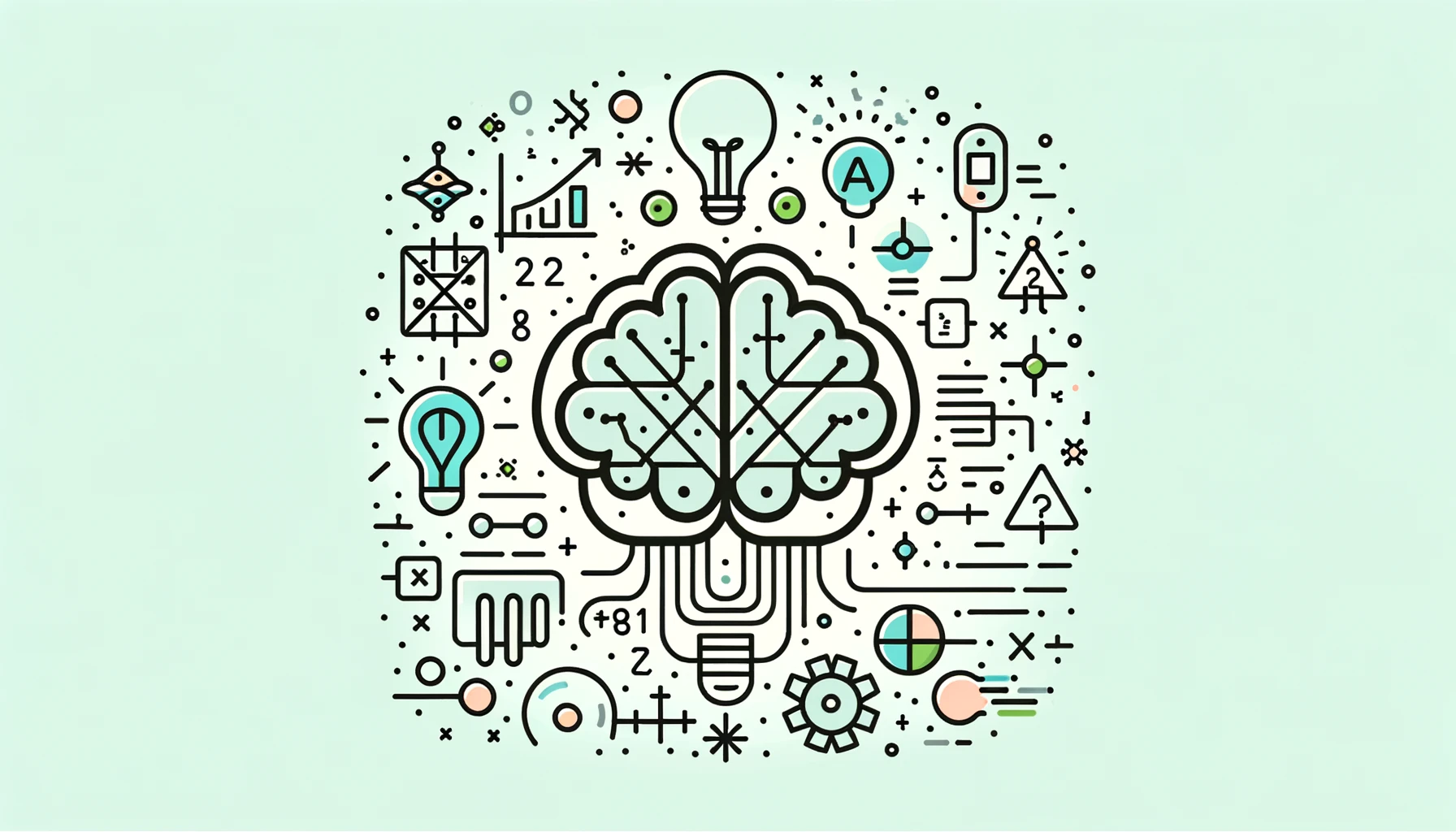Knowledge management
AI-powered knowledge management: Building and sustaining healthy knowledge bases
- By elium
29 Sep

In today’s fast-paced business landscape, knowledge holds the key to success. An organisation’s ability to harness, organise, and make accessible its collective knowledge can spell the difference between progress and stagnation. Welcome to the realm of Knowledge Bases (KBs), repositories brimming with information, insights, and expertise that are indispensable for informed decision-making and operational excellence.
Free guide: How to facilitate an internal knowledge-sharing culture across your entire organisation and what benefits to expect
The importance of knowledge bases
Knowledge bases stand as the cornerstone of modern organisations. They house critical information, ranging from procedural guidelines to troubleshooting insights, acting as a go-to reservoir for employees and customers alike. However, the maintenance of a KB is a continuous endeavour. Stale and outdated information can lead to costly errors and hamper overall productivity.
Visualise an unhealthy knowledge base as a library filled with dusty, obsolete books – hardly a place where anyone would wish to delve for answers. Its ramifications extend beyond just internal efficiency; it can adversely affect customer experiences as well. Consider a customer support representative grappling with an outdated knowledge base while a frustrated customer awaits resolution on the other end of the line.
This is where Artificial Intelligence (AI) emerges as a transformative force. AI technologies have…
The AI revolution in knowledge management
AI’s ascendancy is revolutionising the field of knowledge management. Prominent among these technologies are Natural Language Processing (NLP) and machine learning, capable of automating various facets of KB maintenance, including content curation and categorisation.
Think of it as having an astute knowledge curator in place, one that never tires or loses focus. AI analyses user interactions and feedback to ensure that the KB remains current and pertinent. It adapts, evolves, and responds – qualities essential for a healthy knowledge repository.
You might also like: Unlocking synergy: The dynamic relationship between knowledge management and AI
Building a healthy knowledge base with AI
Laying the foundations for a robust KB using AI entails several key steps. AI can automate content creation, categorisation, and updates, ensuring that the information remains both relevant and accessible. By scrutinising user behaviour and preferences, AI tailors content recommendations, serving up precisely what users require at the right moment.
This dynamic approach to knowledge management ensures that the KB does not become a static archive but a living entity that continuously adapts to user needs. It’s a shift from the traditional ‘one-size-fits-all’ approach to a personalised knowledge experience.
Sustaining knowledge base health through continuous learning
AI’s capacity for facilitating continuous learning is a game-changer. It analyses user feedback, identifies gaps in knowledge, and adjusts content accordingly. This self-improving cycle guarantees that your KB remains a valuable resource, always expanding and adjusting to meet evolving requirements.
The iterative feedback loop between users and AI transforms the KB into an agile tool, one that never lags behind but advances in step with the organisation’s development. It’s akin to a well-honed instrument, always in tune and ready to perform.
AI-enhanced knowledge base governance
AI also plays a pivotal role in maintaining governance within knowledge bases. It assists in preserving data integrity by identifying inaccuracies or inconsistencies in real-time. Moreover, AI can moderate user-generated content, mitigating the spread of misinformation and ensuring strict compliance with regulations.
The regulatory landscape is ever-evolving, and non-compliance can result in substantial fines and reputational damage. AI, with its ability to sift through vast amounts of data swiftly, ensures that your organisation remains on the right side of the law.
AI-powered knowledge management with Elium
One prominent player in the AI-powered knowledge management arena is Elium. Elium’s solution harnesses the full potential of AI to transform knowledge bases. It curates content, personalises recommendations, and ensures that your KB remains agile and up-to-date.
Elium’s AI algorithms work tirelessly behind the scenes, analysing vast amounts of data to identify trends, gaps in knowledge, and emerging topics. This proactive approach means that your KB stays ahead of the curve, consistently offering valuable insights to users.
Moreover, Elium’s user-friendly interface empowers organisations to seamlessly integrate AI into their knowledge management processes. You don’t need to be a data scientist to benefit from AI; Elium simplifies the complexity, making it accessible to all.
Conclusion
In conclusion, the health of your knowledge base directly affects your organisation’s efficiency and competitiveness. Embracing AI-powered knowledge management is not just an option; it’s a necessity in the digital age. It empowers your KB to adapt, grow, and provide invaluable support to your team and customers.
Now is the time to explore the possibilities of AI-powered knowledge management with Elium. Discover how it can revitalise your knowledge base, ensuring that it remains a valuable asset for years to come. Request a demo or delve into the success stories to witness the transformative power of AI in action.
Related Post
Categories
- Elium's life (29)
- Guides & Ebooks (4)
- Knowledge management (77)
- Product News (22)
- Uncategorized (1)






